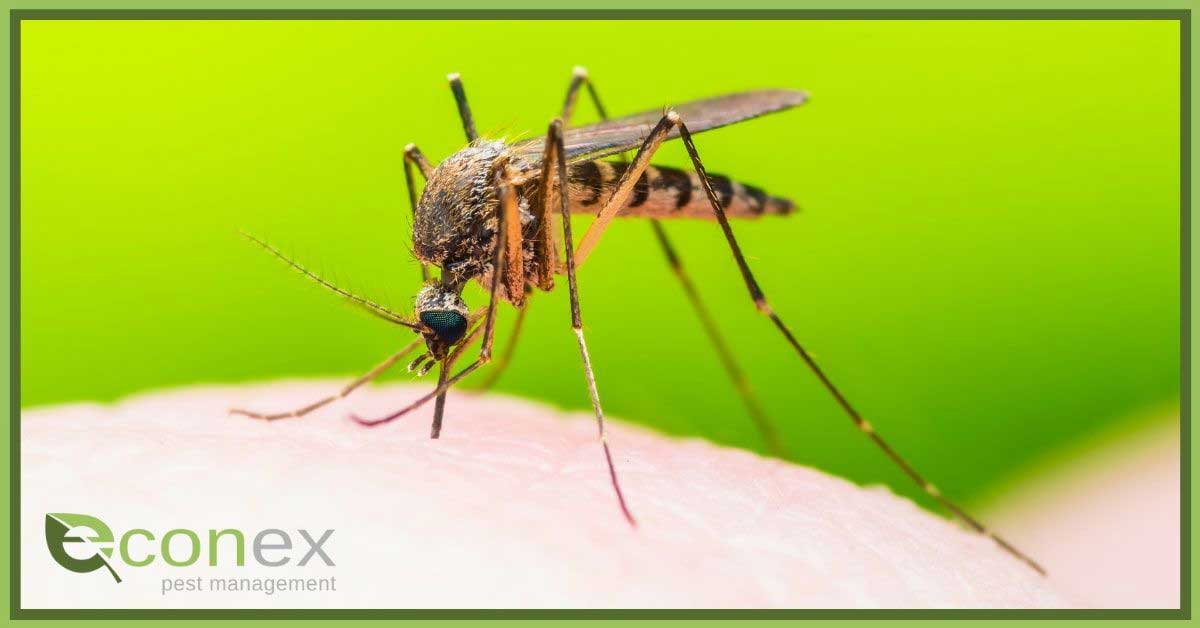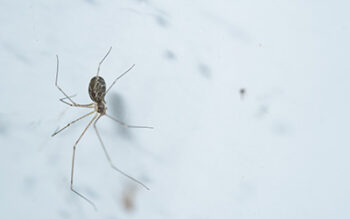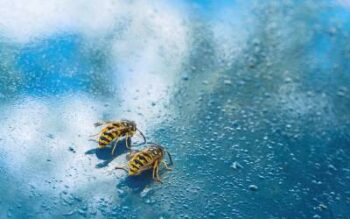
Mosquito Control 101
Did you know that there are over 200 species of mosquitoes that live in the United States? How about the fact that the red, itchy bump comes due to an allergic reaction to the mosquito’s saliva?
We’re all familiar with the experience of being bitten by mosquitoes and trying to deal with the bumps and itchiness that ensue. As such, it’s natural that we’ve developed many ways to repel and reduce mosquitoes at our homes. But how do these methods work, and are they the most effective?
We’re exploring the basics of mosquito control so you can stay comfortable and safe at home.
All About Mosquitos
Mosquitoes love water. Any habitat that has moisture or standing water is ideal for mosquito reproduction and living. All mosquitoes have a four-stage life cycle. They start as an egg, only hatching when exposed to water, then move to a larva, then pupa, then finally an adult. The adults are the ones that fly around and bite you, as well as other animals.
Risks of Mosquito Infestation
Mosquitoes aren’t just annoying, but they can also carry diseases harmful to humans and animals. According to the CDC, some of the most common diseases carried by mosquitoes are West Nile Virus, Dengue, Malaria, Yellow Fever, and Zika Virus.
Tending to Your Yard
Prevention is the best way to avoid exposure to mosquitoes ─ that means removing habitats that encourage mosquitoes to congregate and reproduce. Do a scan around your yard, and you may see small pockets of water that, believe it or not, can be the perfect spot to attract mosquitos. Even something as small as an empty bucket with collected rainwater can be enough to provide a home for mosquitoes.
Try to remove any areas of standing water when possible. Keep your gutters clean and make sure they are draining properly. Try to fix any stone or concrete that is misshapen and creating puddles.
Obviously, water is unavoidable outside, so if you have items like a birdbath or planters, change the water frequently to avoid making a home for mosquitoes. And if you’re no longer using those planters or other garden features, empty them and fill them with another material, like dirt.
Also, make sure your sprinkler system isn’t overwatering grass or plants, as a buildup of water will attract mosquitoes.
Personal Protection
Even after making the proper adjustments to your yard, you may still get some mosquitoes that have traveled from other areas. Mosquito propellants, whether in the form of spray, candle or other, are popular options to try and keep the bugs at bay.
However, if you have a serious infestation, repellant may not be enough. Even layers of mosquito-repelling products won’t stop them from breeding and reproducing in your yard. If this is the case, try the mitigation techniques discussed above and call your local pest control specialist.
The EPA recommends using products that are registered with the organization, to ensure that you keep mosquitoes away while also keeping yourself safe. Use this tool to find an EPA-registered insect repellent.
Call in a Professional
Professionals, like our team at Econex Pest Management, are highly equipped to keep away mosquitos through a variety of methods. Through the latest tools and technologies, a professional can both treat an existing mosquito infestation and prevent future infestations from occurring.
Industry-Leading Mosquito Treatment Options
Do you spray, and spray, and spray, yet still get attacked by mosquitoes? Contact the Econex Pest Management team today for more information on our mosquito control services.




